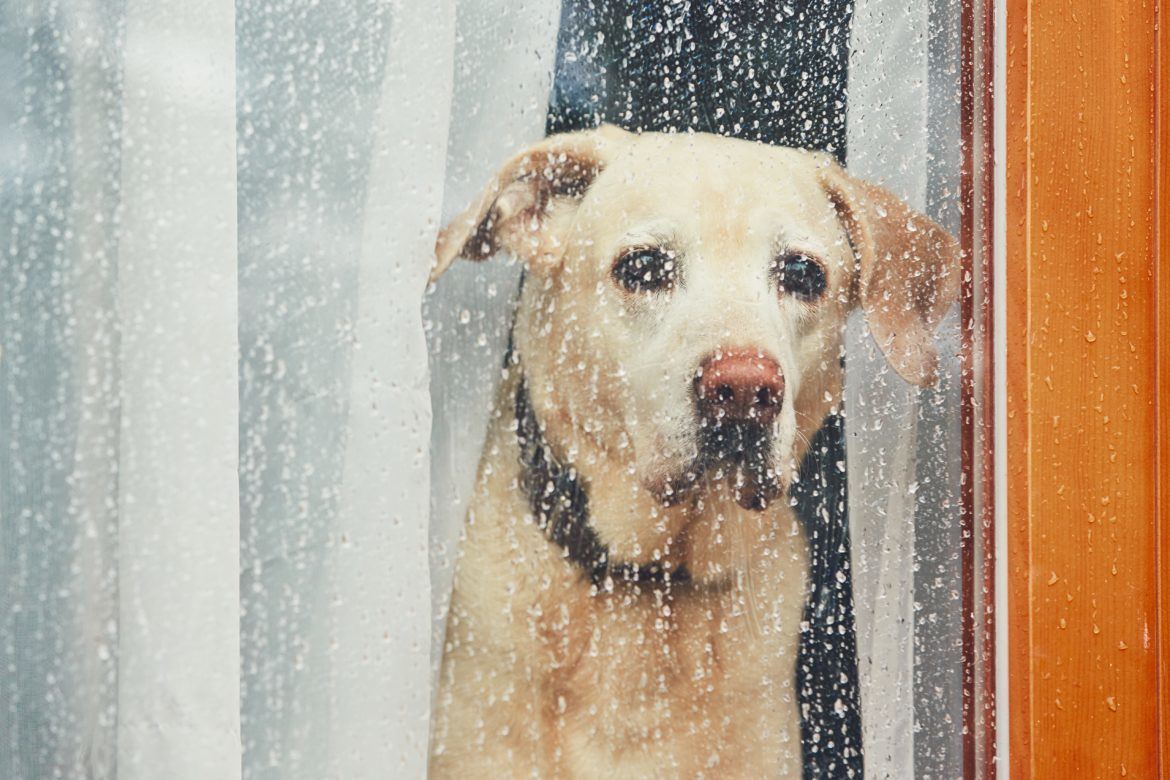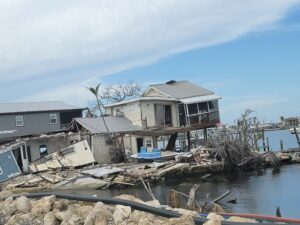A new change could be making its way into the Florida law during hurricane season this year. Waiting to be approved, the new bill, SB 1738, will ensure that your furry family members are not left behind during natural disasters.
To help prepare for hurricane season, here are four tips on how to include your animals into your hurricane evacuation plan.
1. Plan to evacuate early
An animal evacuation plan is important to have prior to any natural disaster. Evacuating early will give you enough time to find a safe place to stay, such as a hotel, motel, or a family member’s house that will also allow animals. Always check before you arrive to avoid surprises. Evacuating early will also mean less chaos, which helps you and your animals be less stressed and more comfortable throughout the storms.
2. Disaster kit for pets
Just like people, animals will need a substantial amount of water and food to help them get through the hurricane. A disaster kit for animals should be a main priority when making an animal evacuation plan. The disaster kit for pets should include all of their necessary medication and vaccination records along with leashes and collars. Also, make sure to bring items that are familiar to the animal so that they feel more comfortable- this can include blankets or their favorite toys.
3. ID your animals
In case of an emergency, make sure your pet has an identification tag on their collar. If they get lost during a storm, it will be easier for you to locate them if they have an ID with their name and your contact information on it. Make sure to take a current photo of your animal in case it gets lost.
4. Backup plan
Hurricane season stretches from June 1 to November 30. Throughout that time, there may be a short period in which you are traveling or not at home. An animal evacuation plan should be in place, even if you are not home. To keep your animals safe, talk to neighbors or family that live nearby and ask them to include your animals into their evacuation plan.




